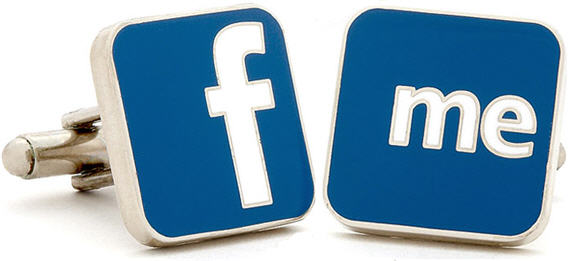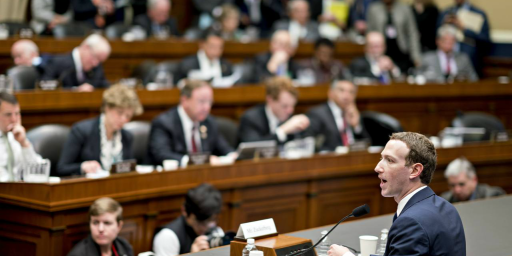29% of Facebook Users Have No Filter Whatsoever
Alex Madrigal reports that "71% of Facebook Users Engage in 'Self-Censorship.'" That strikes me as low.
Alex Madrigal reports that “71% of Facebook Users Engage in ‘Self-Censorship.'” That strikes me as low.
Most Americans now know the feeling of typing something into a social media input box, thinking again, and deciding against posting whatever it was. But while it certainly seemed like a widespread phenomenon, no one had actually quantified the extent of this “self-censorship.”
But now, new research based on a sample of 3.9 million Facebook reveals precisely how widespread this activity is. Carnegie Mellon PhD student Sauvik Das and Facebook’s Adam Kramer measured how many people typed more than five characters into Facebook content-input boxes, but then did not post them. They term this “last-minute self-censorship.” The research was posted to Das’ website and will presented at the Association for the Advancement of Artificial Intelligence’s conference on Weblogs and Social Media in July.
The numbers are impressively large. Fully one-third of all Facebook posts were self-censored, according to the method Das and Kramer devised, though they warn they probably captured a substantial number of false positives. 71 percent of all the users surveyed engaged in some self-censorship either on new posts or in comments, and the median self-censorer did so multiple times.
Perhaps the most interesting part of the study was the demographic correlations with self-censorship. Men self-censored more often, particularly if they had large numbers of male friends. Interestingly, people with more diverse friend groups — measured by age, political affiliation, and gender — were less likely to self-censor.
While the researchers declined to speculate in this study about why people may or may not have self-censored, earlier research with a small group of users found five reasons people chose not share what they’d written: aversion to sparking an argument or other discussion, concern their post would offend or hurt someone, felt their post was boring or repetitive, decided the content undermined their desired self-presentation, or were just unable to post due to a technological or other constraint.
Those are all very good reasons not to post stuff for all your friends, family, and acquaintances to see! But nearly a third of users apparently lack this compunction, freely posting every idiotic notion that springs to mind.







29%, you say? Seems remarkably close to the Crazification Factor!
I’d venture to guess that the number of Twitter users w/o a filter is much higher.
Everytime I send a friend request to someone on Facebook and it’s accepted, I thank the person for accepting the friend request. Sometimes, I also make little jokes or comments about their profile or what they’ve posted, but one of those jokes came out the wrong way or was misunderstood and someone that have just accepted my friend request blocked me or unfriended me or both. That was a moment that I had to self-censor but didn’t. I do self-censor of course, even before that incident.
We all can come of sounding like a Jerk if we send our first thoughts out. It is good judgement to self-censor considering how many issues have blown up in peoples faces due to gaffes or lack of judgement before sending off a critical statement out onto the wild world web..I know its the World Wide Web but its actually the Wild World Web in practice..